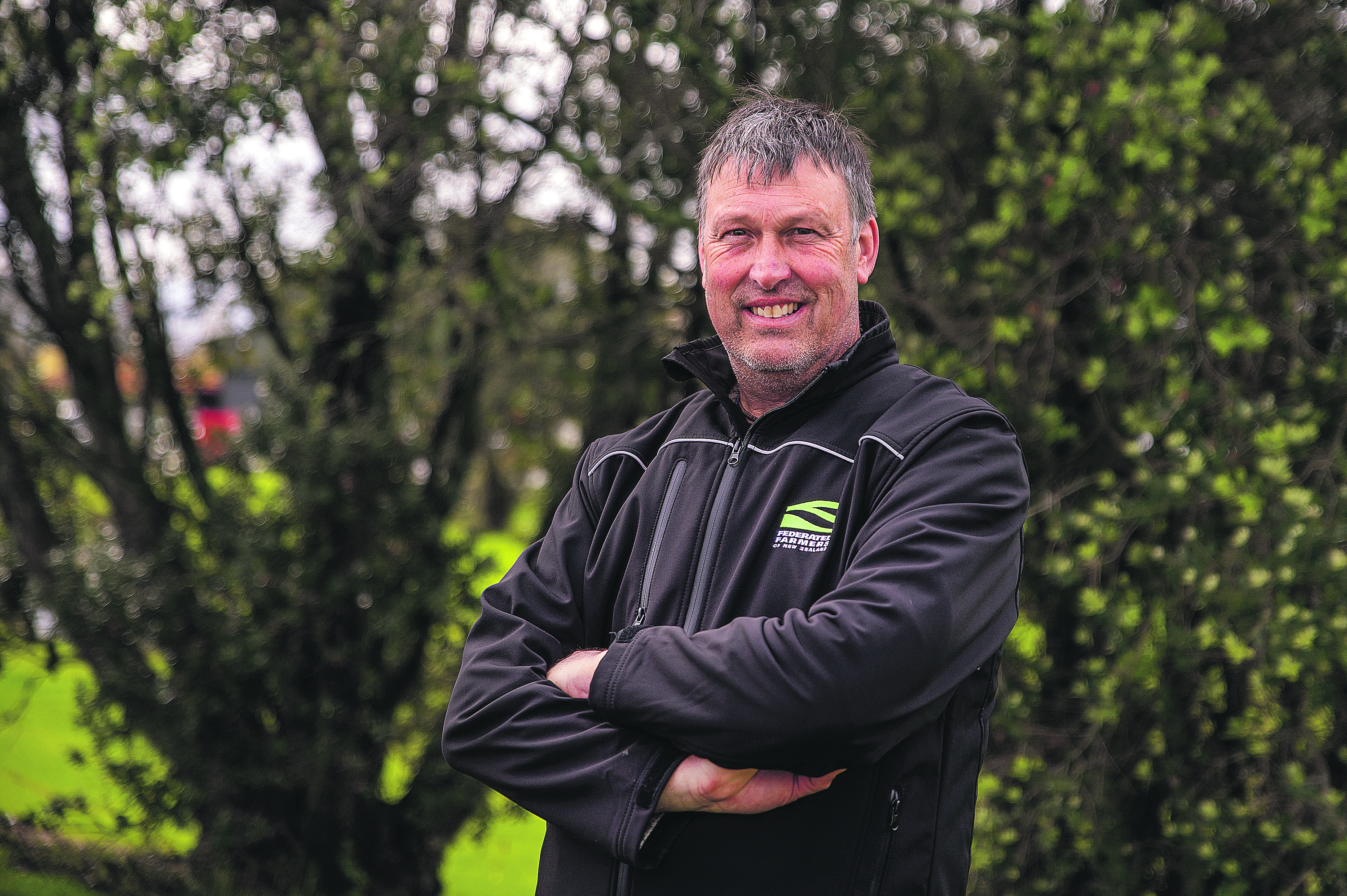Farmers want increased covenant funding

Sven Carlsson
BAY of Plenty Federated Farmers president Brent Mountfort says more money is needed for protected lands.
“While we want the Government to be prudent with our tax dollars, I think most farmers would agree with Federated Farmers’ call for the QEII National Trust’s base funding to be doubled,” he said.
The trust’s funding has remained unchanged at $4.3 million for the past decade.
“The trust gets its funding from the Department of Conservation – and the DoC funding in that time has doubled,” Mr Mountfort said.
“With the way costs are rising on all fronts, in real terms that’s a huge cut in funding.”
Mr Mountfort said most farmers knew that QEII worked with farmers and other landowners who voluntarily protected in perpetuity special areas of bush, wetland and biodiversity on their private land.
“The protection is via legal covenant and in the Bay of Plenty there are nearly 202 registered covenants, covering more than 9863 hectares,” he said.
“The New Zealand total is 5687 covenants over 200,514ha.”
Often the protection bush and biodiversity areas were on steep slopes or in gullies that were hard to farm and get stock in and out of.
“There’s often help to keep pest animals out, and the result is less erosion and more birdlife – I have found the QEII Trust people exceptionally easy to work with,” Mr Mountfort said.
“Yes, there are rules on what can and can’t happen on a covenanted site, but the QEII’s approach is logical, practical and open to working with farmers and other partners, such as the regional council.”
QEII and farmers working together achieved “a bigger bang for buck and great environmental outcomes”.
“The biodiversity outcomes exceed many other options,” he said.
“You’ve got motivated land owners who care about the environment doing stuff, supported by QEII.”
Mr Mountfort said the Bay of Plenty Regional Council also worked well with the QEII Trust.
“It’s a solid way of caring for the environment and private land – it’s a way better approach than Significant Natural Areas and other restrictions being forced on us.”